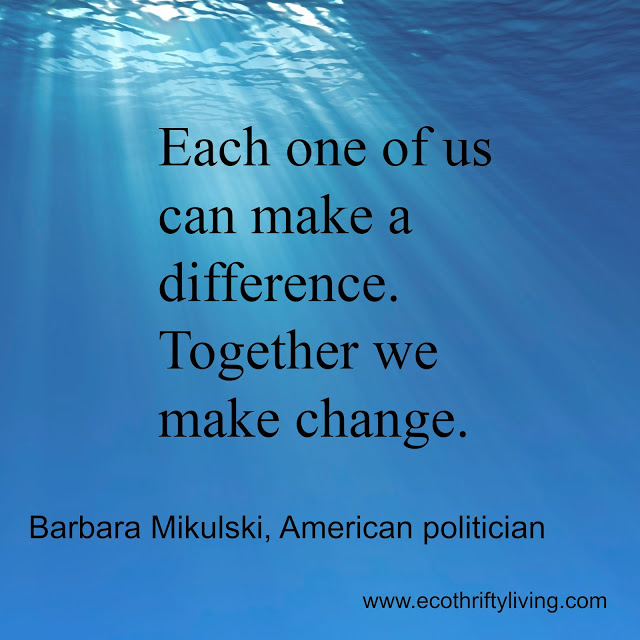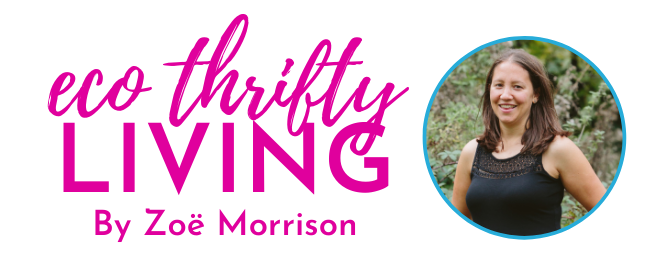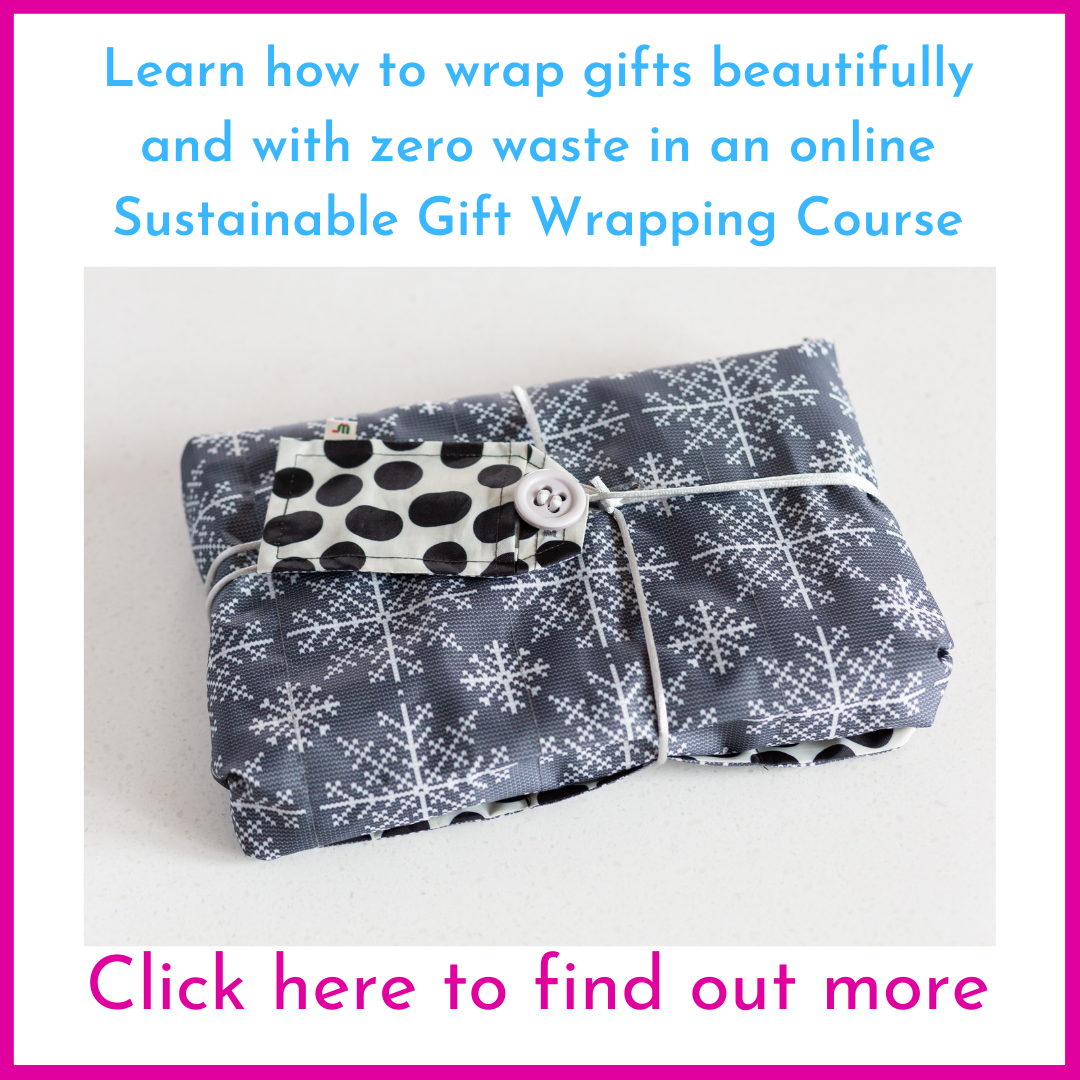
Plastic compromises
We are half way through July and up until now I haven’t even mentioned Plastic Free July (PFJ). The idea behind PFJ is to avoid all single use plastic throughout the month. Last year I started preparing for it months in advance and really tried my hardest (for more info about PFJ see here).
Plastic pollutes in so many way. Firstly it is made from fossil fuels, which need to extracted, transformed into plastic and then transported to where they are needed, with all the waste and pollution that goes along with that. Secondly during it’s use it may leach unpleasant chemicals into the foods and liquids we cover it with. Finally discarding the plastic causes yet more pollution – fish containing degraded plastic chemicals or exotic islands covered in plastic rubbish and dead animals appeal to anyone? Recycling can help but is not the ideal solution – at some point it will still need to be disposed of.
I am not done with my plastic free journey, it is now a general target that I have in the back of my mind. One day I will work out how to make ketchup that is actually edible from plastic free ingredients and one day I will stop using plastic containers (albeit reusable ones) in my kitchen.
I have accepted though that I can’t, OK I choose not to be 100% single use plastic free. I have made compromises, because without them I would make things harder for myself than I would be happy with and I would feel too overwhelmed by the challenge and quit.
Some examples of compromises I have made include:
- Most of the time I don’t use shampoo or conditioner. I wash my hair just with olive oil bar soap, which comes in cardboard boxes (although I bought them in bulk and the boxes came wrapped in plastic packaging, but let’s not talk about that!). I have found though that sometimes the soap doesn’t seem to do the job and every so often I use shampoo which sorts this problem out and then I go back to using soap.
- I make yoghurt from milk that I buy in glass bottles once or twice a week. After several batches of yoghurt making though it starts to go a bit wrong – it might be a bit too lumpy or too thin for example. Once a month I buy some yoghurt from the shops in a plastic pot to start a new batch of homemade yoghurt.
- I still use dishwasher tablets. I have tried various alternatives – home made versions, shop bought powder and putting vinegar in a cup in the centre of the dishwasher. Nothing cleaned the dishes anywhere near as well as the dishwasher tablets. Does anyone have any better ideas for me? Otherwise I’m sticking with the dishwasher tablets for now.
- It can be hard to source all fruit and veg plastic free in one place. Other foods can often be bought in bulk less regularly, but fruit and veg need to be bought fresh each week and it isn’t always practical to go to various different places to buy them. I find that the local shops or farmers markets sell cucumbers, grapes, tomatoes and mushrooms unpackaged sometimes, but not all the time. Plus plastic isn’t the only consideration when it comes to food. In an ideal world all food being sold would be fair trade, organic, local and plastic free. At the moment I buy fruit and veg from Abel and Cole. The food is organic, fair trade and British (where possible). It isn’t really local though and although a lot of the food comes loose in a cardboard box, some foods come packaged in plastic bags or plastic punnets.
- Although I make our food from scratch from unpackaged ingredients the majority of the time, I don’t do it all the time. I know my limits and let myself buy some packaged foods occasionally that I could make myself e.g. chips. They are the exception rather than the rule though.
- Lastly some things I can’t currently source plastic free and it either isn’t practical or I haven’t worked out how, to make or grow them myself. Things like medicines, crisps and tomato ketchup.
There are a lot of changes that individuals can make to become zero waste and plastic free, but there comes a point where businesses need to make changes to the way they package their products. I can try my hardest to avoid single use plastic, but if I am in a rush to go somewhere and don’t have all the food and drink I need with me, I may well find the only things available to me come in plastic packaging. Plus as I mentioned before, some things are very difficult to source without plastic packaging and even if they are available they may not be easy to get hold of when you actually need them.
Which small changes could you make to reduce the single use plastic in your life this July? Could you even take on the Plastic Free July challenge – it doesn’t have to only happen in July – any month will do! Let’s all work together to be part of the solution and not the problem!
If you liked this post please click like on Facebook and follow on Twitter – thanks so much!





Thanks for nice tips! I agree with you, we should use as less plastic ware as it is possible. But the root of the problem is hidden in industry generally, so we need to convince manufacturers to pack their products in non plastic holders originally on the factories. I have described the ways how to get it implemented in my dissertation paper made with http://www.trustessaywriting.com/. Thank you for sharing your experience.
I agree with you. it is a huge problem. Also your solutions are great. Aside from the shampoo one I can actually follow the other ones. Youtube is a great source of information on food, how to make homemade stuff that doesn't need plastic containers too.